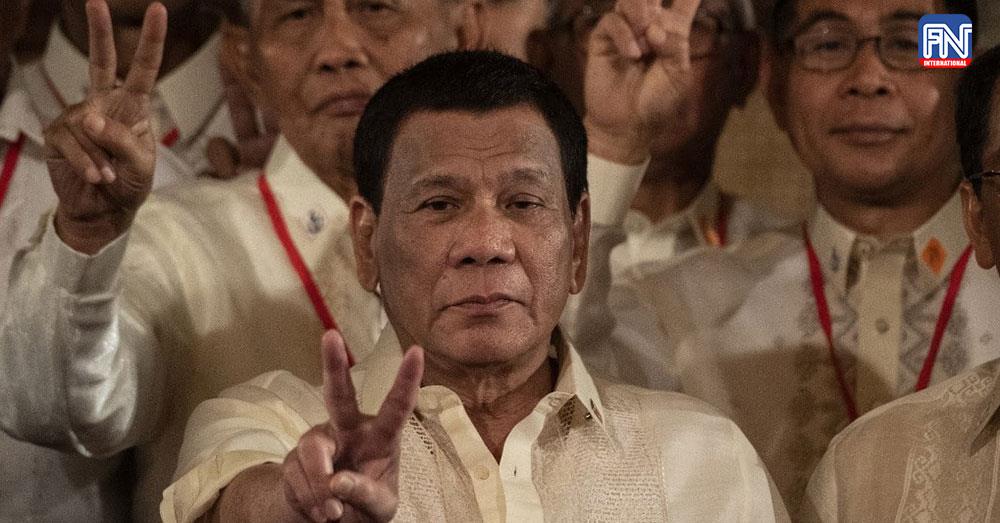MANILA, June 28 (AFP) - Philippine President Rodrigo Duterte often incited violence and ordered police to shoot suspects dead in a drug war that has killed thousands. But analysts say he is unlikely to face charges after he steps down on Thursday (Jun 30).
Duterte's signature policy to rid the country of drugs has been widely condemned and sparked an international probe into a possible crime against humanity.
But the 77-year-old is still hugely popular among many in the Philippines who support his quick-fix solutions to crime, and he remains a potent political force.
Last month's election results reinforced Duterte's bulwark against potential prosecution after he leaves office, analysts said.
Ferdinand Marcos Jr, son of the country's late dictator, won the presidency after striking a powerful alliance with Duterte's daughter, Sara, who was elected vice president.
Marcos Jr has backed Duterte's drug war and signalled his government will not cooperate with the International Criminal Court's (ICC) investigation into the killings.
"The election basically decided that there would not be a serious investigation into President Rodrigo Duterte's role in the drug war for the next six years," said Greg Wyatt, director for business intelligence at PSA Philippines Consultancy.
A self-professed killer, Duterte told officers to fatally shoot narcotics suspects if their lives were at risk.
He defended the crackdown, saying it had saved families and prevented the Philippines from turning into a "narco-politics state".
Government data shows more than 6,200 people have died in police anti-drug operations since Duterte was swept to power in 2016.
Rights groups say Duterte created a climate of impunity and estimate that tens of thousands have been killed by police, hitmen and vigilantes, even without proof they were involved in drugs.
Only three policemen have been convicted for slaying a drug suspect.
Under pressure from the UN Human Rights Council and the ICC, the government has examined around 300 cases of drug operations that led to deaths.
Justice Secretary Menardo Guevarra told AFP in October that a review of 52 cases had cast doubt on the officers' common claim of self-defence.
Charges have been filed in five cases.
Lawyers representing families of victims have vowed to take legal action against Duterte in the Philippines after Jun 30.
But they admit the odds are stacked against them.
"We are not that hopeful but it's worth a shot," said Edre Olalia, president of the National Union of Peoples' Lawyers.
Olalia said it can take years for a case to be resolved in the creaky judicial system. And lawyers struggle to gain access to evidence held by police.





